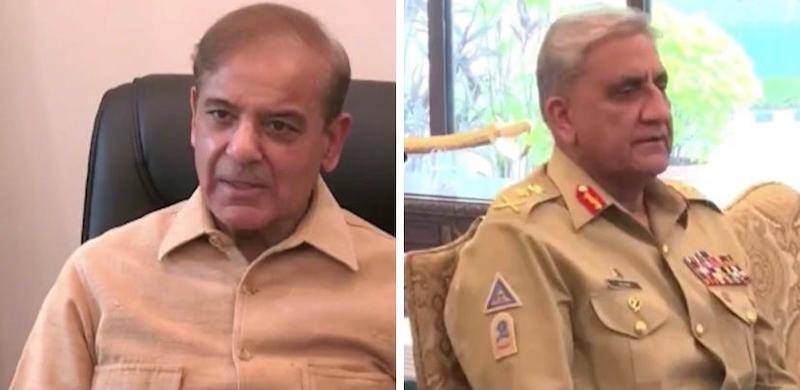
The military establishment ultimately calls the shots in Pakistan. It needs to understand that without meaningful reforms, the policy of piling on more debt to manage chronic and grave issues is reaching the limits of sustainability. The slowdown in global growth and the surging commodity prices pose serious additional risks. Gas prices shot up 17% Tuesday and oil trades around $105 but could test the recent high of $140. Pakistan’s political situation makes it almost impossible to do any serious reforms but as a country and people, it has lost the plot by focusing on a non-existent conspiracy.
Frankly, while the establishment understands local politics very well, its understanding of international relations and the economic situation seems to be woefully inadequate. Business as usual is not an option because the world is facing the “largest commodity shock” since the 1970s. The hybrid experiment ended in tears but some in the establishment still seem to be supporting a reckless and disastrous pursuit of power by Imran Khan. If this doesn’t stop, the ultimate consequences could be worse than what we went through in 2008 as
Imran alone was not responsible for the badly timed visit to Russia. The international media was rife with reports of an imminent attack on Ukraine for months. The establishment and the foreign office didn’t see it coming or didn’t understand its full significance.
In addition to the rising current account and fiscal deficits, we face even larger capacity and intellectual deficits. The political system’s willingness and capacity are near bankrupt and have been debilitated over time due to non-stop political engineering and micromanagement. Pakistan’s sovereign bond yields are an interesting proxy to make this point. The 3-year bond yield has gone up from a low of 5.99% in March 2017 to the current level of 12.9%. Never mind the technicality, what it shows is that the world markets viewed Pakistan much more favourably when it was under a genuinely elected govt than it was under a hybrid regime. The situation has gotten worse. There is almost no long-term foreign investor appetite for Pakistan. The resurgence in xenophobia will further discourage western investors.
Saudis and Chinese are already wary of handing out cash now and then. It is time for the establishment to sit up, get its act together, eat humble pie and seek advice from Pakistan’s sovereign friends. It should also look East and stop trying to learn from Turkey or Egypt; specifically, how India carried out economic reforms after going nearly bankrupt in the early 1990s offers some lessons.
But the political system must be allowed to function. Finally, all our military and political elites (media is part of that) are extremely myopic and collectively in a self-destruct mode. They need to look beyond their nose and reform because they have the most to lose. Most ordinary people are already in hand to mouth state.

